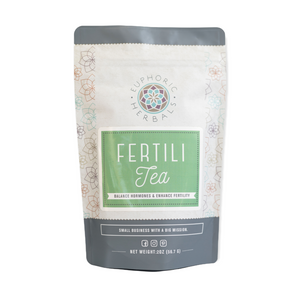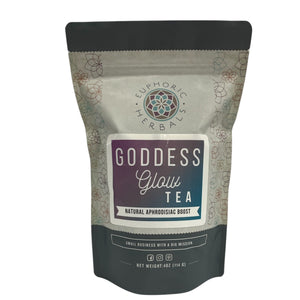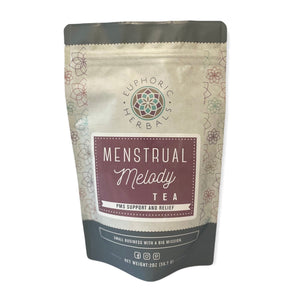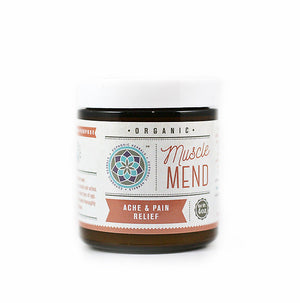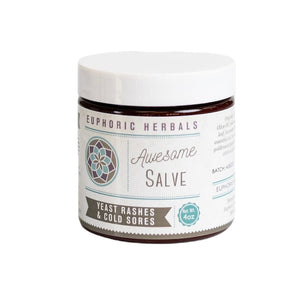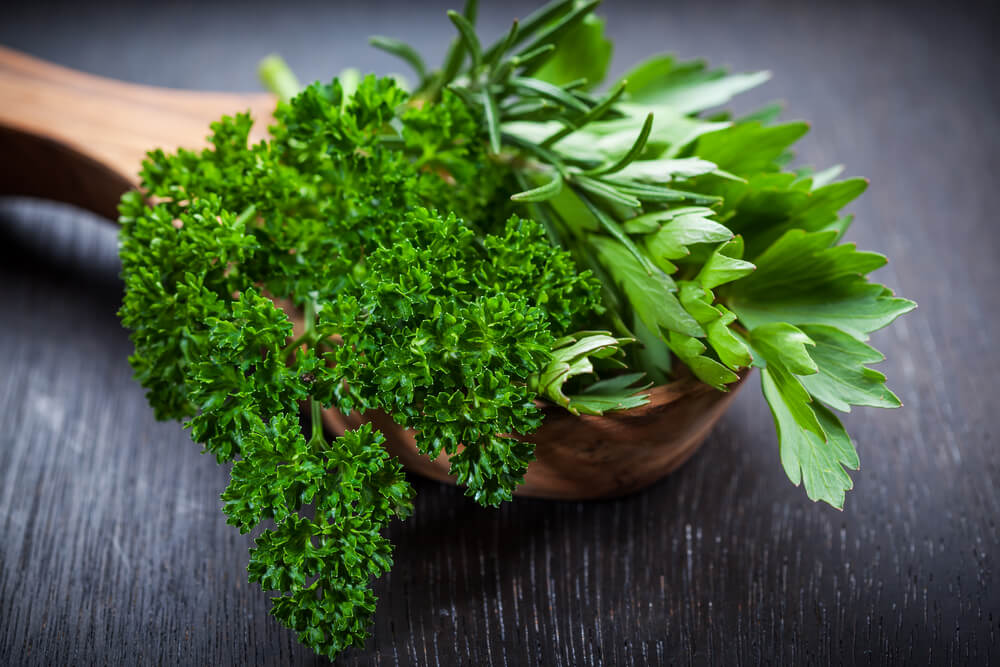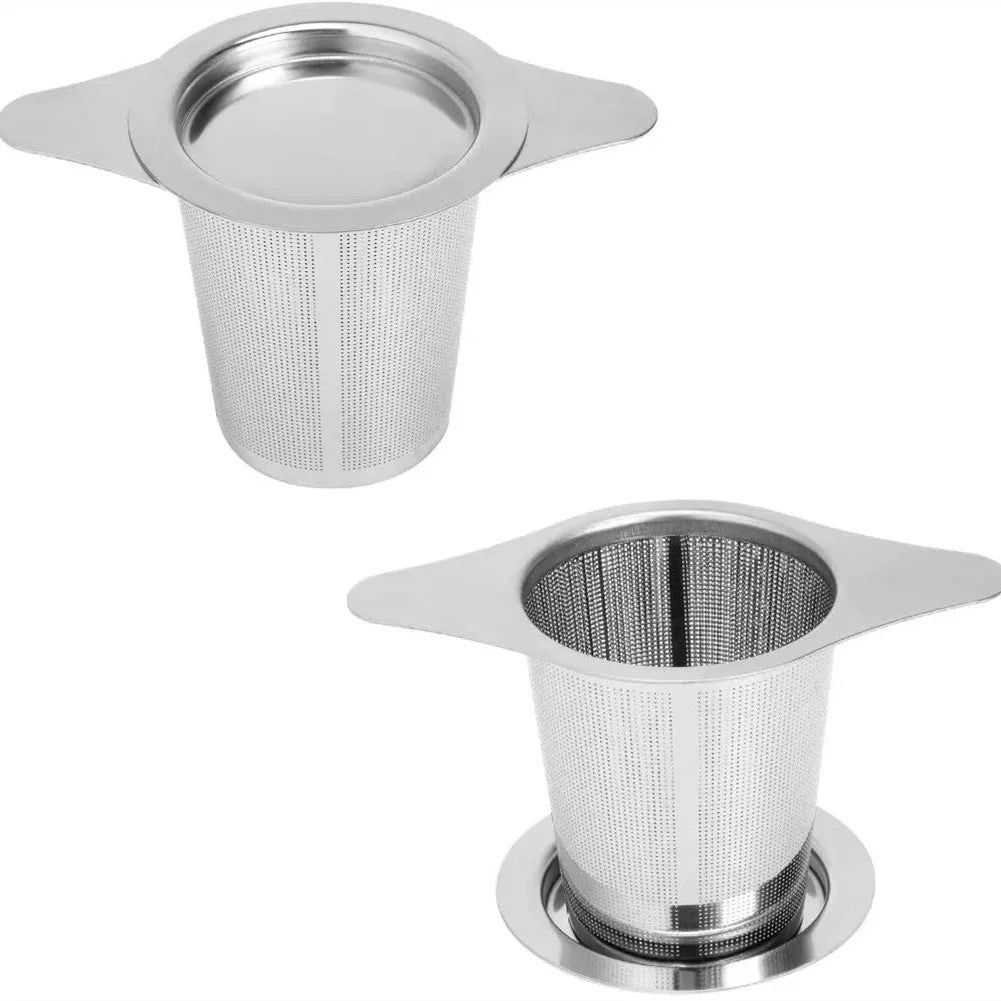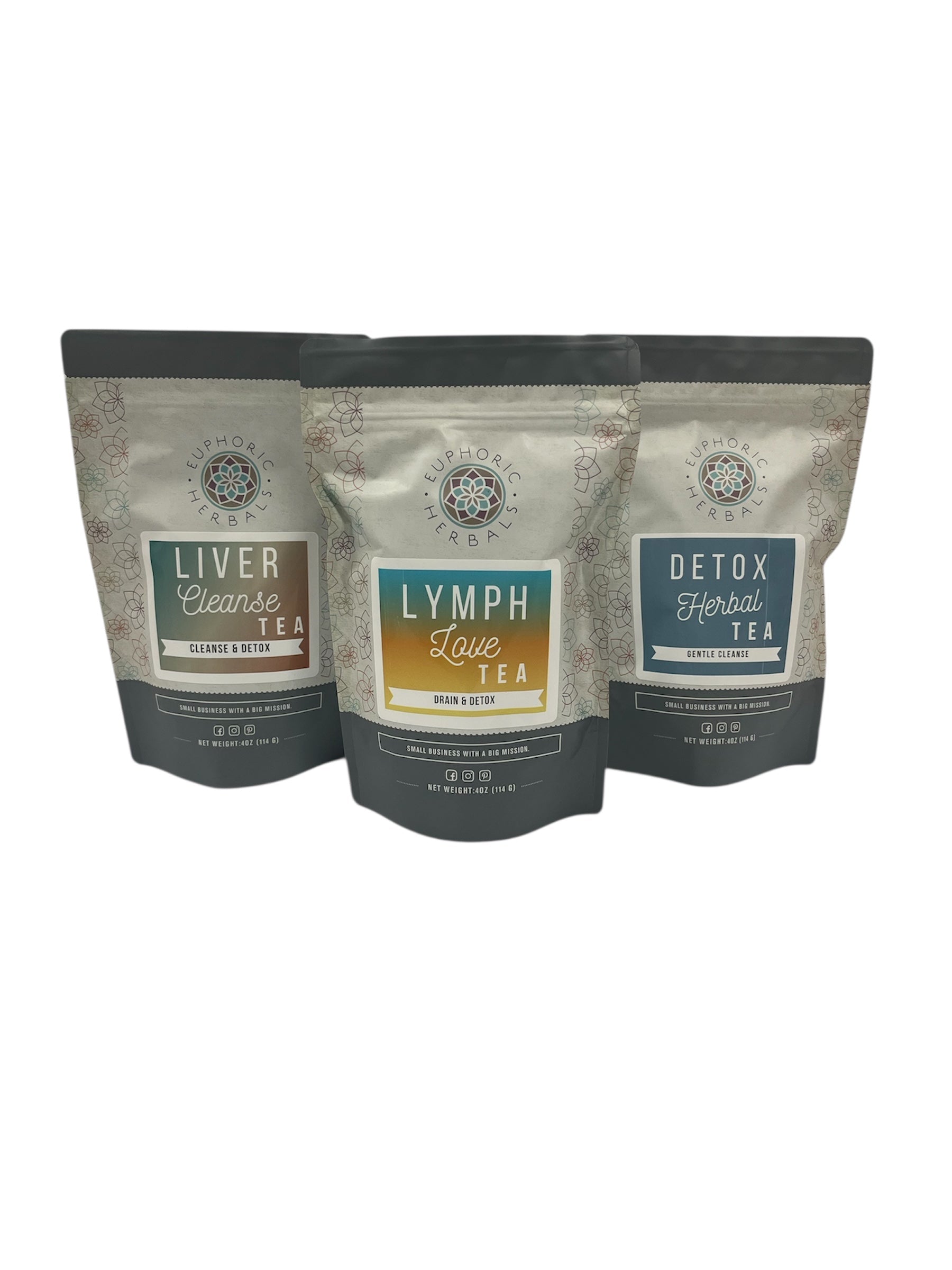Parsley is probably most famous for being a food garnish, which is unfortunate because it's really a very nutritious and beneficial herb. In fact, parsley has been used medicinally since ancient times, although it's often overlooked by modern herbalists.
To help bring this plant out of its common kitchen herb and garnish status, here's more about the top benefits of parsley and how to use it for your health.
A Closer Look at Parsley
Parsley (Petroselinum crispum) is related to several other herbs, including cilantro, dill, fennel, and cumin as well as vegetables like carrots, celery, and parsnips. It's native to the Mediterranean region and used widely in European and Middle Eastern cuisines.
There are two main varieties of parsley: flat leaf and curly leaf. Both have similar properties and flavor, although some believe that flat leaf varieties are stronger.
Growing parsley in your garden is easy, although the plants can fade somewhat in the heat of summer. You'll get the most abundant harvest in the cooler months of spring and fall, and it can even grow over the winter in milder areas.
Though mainly considered a culinary herb today, parsley was highly valued by the ancient Greek physician, Galen, who used it for disorders of the womb and bladder.
Other herbalists throughout the centuries (including Hildegard of Bingen in the 12th century) have used parsley for the cardiovascular system, especially for hypertension.
Benefits of Parsley
Rich in Nutrients and Antioxidants

One of the best reasons to eat fresh parsley is for the high amount of nutrients and antioxidants it contains.
The fresh herb is especially rich in vitamin A, vitamin C, and vitamin K as well as folate and minerals like iron, potassium, calcium, magnesium, and manganese. It also contains numerous other nutrients (including vitamin E and B vitamins) in smaller amounts.
To add to this impressive nutrient content, parsley is also extremely high in antioxidants, particularly a type known as flavonoids. (1)
Not only can antioxidants help protect your body from chronic inflammation, which can contribute to many health issues, most types also have potential anticancer properties and may reduce your risk of other age-related diseases. (2)
Used for Urinary System Support
One of the top recognized benefits of parsley throughout the years has been its action as a diuretic to support urinary system health.
Diuretics help to flush toxins out of the kidneys and help relieve bloating and water retention by increasing urination. This can be helpful in many situations, including urinary tract infections, edema, cystitis, and kidney stones.
To be used for this purpose, the leaves or roots of the parsley plant are typically made into a strong tea that can be drunk 3-4 times a day. In this case, the roots have a stronger diuretic action than the leaves, although most people don't even realize they are edible!
For simple kidney and bladder support, try parsley in these Kidney Bladder Capsules where it's combined with other supportive herbs.
Digestive Aid
You may have tried chewing on some fresh parsley after a meal to freshen your breath, but there's more than one reason to get into this habit. Not only does parsley "sweeten" the breath, it also helps out your digestion.
Parsley has a gently warming effect on digestion and is considered a carminative herb, which means it helps to relieve gas and bloating. Traditionally, it has also been used to help with constipation and other signs of a stagnant digestion.
This usually means that eating parsley with or after a meal is the best way to go. However, some herbalists have found that consuming it before a meal can improve appetite for those who don't feel like eating.
Gentle Emmenagogue

One of the little known benefits of parsley is its action as an emmenagogue.
Essentially, emmenagogues are herbs that stimulate blood flow and/or contractions in the pelvic area and uterus, which in turn stimulates menstruation. They are used for those with absent or delayed menstrual periods but should generally not be used during pregnancy because of their effect on the uterus.
(Note: Parsley is fine to eat in culinary amounts during pregnancy but generally not recommended in large doses.)
Parsley mildly stimulates uterine contractions and has been known to help with "stubborn" cases of amenorrhea. The leaves, roots, and essential oil can all be used as an emmenagogue, so you may wish to speak with an herbalist to determine which is best for your situation.
Nourishing Blood Builder
In certain herbal traditions, parsley is considered to be a blood builder and blood cleanser. This means it helps to both purify and nourish the body, which is a huge benefit for many health issues.
For example, parsley can support an overall healthy menstrual cycle (not just stimulate menstruation) and has often been used as a nourishing tonic for those who have lost weight, are recovering from an illness, or are otherwise tired and depleted.
Promotes Heart Health
Yet another traditional use for parsley is to support heart health. In countries like Morocco, for example, it has been used for hypertension as well as diabetes and cardiac diseases. (3)
Modern studies haven't really investigated how or if parsley significantly affects heart-related risk factors. However, it is known to be rich in folate, which is a highly important nutrient for your heart. In fact, low folate intake may increase your risk of a heart attack. (4)
How to Use Parsley for Health Benefits

In many cases, the best way to get all the nutrients and benefits of parsley is to eat it fresh. This delivers the most vitamins, minerals, and antioxidants to your body and tastes good, too!
There is one important point to make, though: You can't eat a small sprig of parsley and expect it to do much for you. It should be consumed regularly by the handful to really notice its health benefits.
In some cases-- like using parsley as a diuretic-- the dried leaves or roots can be made into an infusion or decoction.
If you regularly juice fruits or vegetables, adding a handful of parsley leaves to your juicer will really increase the nutrient content of your juice.
You can also look for supplements that combine parsley with other herbs, like these Kidney Bladder Capsules.
Precautions
In general, parsley can be safely eaten in food-like quantities by most people. However, large doses (especially in extract or essential oil form) are contraindicated during pregnancy.
Enjoying Parsley as a Nutritious Herb
It's definitely time to stop viewing parsley as merely a garnish or a common kitchen herb. It has a long, rich history of medicinal use and is one of the most nutritious plants you can add to your diet.
Try your hand at growing parsley or look for it in the grocery store to start benefiting from this amazing herb!
Disclaimer: This post is for informational purposes only. It does not constitute medical advice and should not be substituted for medical advice. Please consult your health care provider, herbalist, midwife, or naturopathic physician before taking herbs, supplements, etc. Here's the link to our full disclaimer.






















































